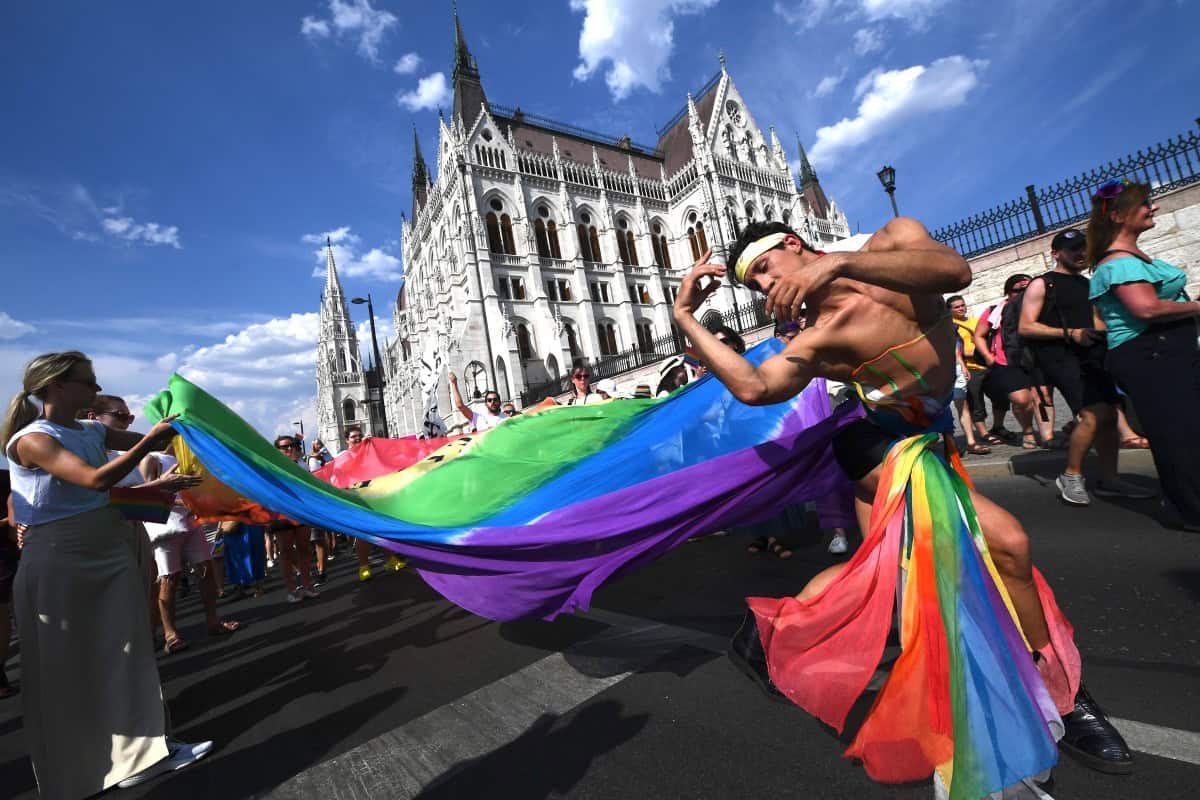Budapest Mayor Defies Police Ban, Says Pride March Will Go Ahead
Hungarian authorities have banned this year’s Budapest Pride march, citing a controversial child-protection law that activists say is being weaponised to suppress LGBTQ+ rights. But Budapest’s mayor, Gergely Karácsony, has made it clear: the parade will go ahead, with or without police approval.
The march, scheduled for June 28, is at the center of a growing clash between Hungary’s right-wing national government and progressive local leaders. Police justified the ban by referencing a recently amended law that prohibits content or events that “promote same-sex relationships to minors.” In their statement, they argued that a public Pride parade would violate this provision, especially if children were present.
Mayor Karácsony immediately challenged the decision, stating publicly that the parade will now proceed as a city-organised event, which, under Hungarian law, does not require the same approval process as a private assembly. “Budapest City Hall will organise the Budapest Pride march on 28 June as a city event. Period,” he wrote on social media. He also pledged a contingency “Plan C” should further legal obstacles arise.
The ban has sparked a wave of domestic and international criticism. Dozens of Members of the European Parliament have voiced support for the event, alongside high-profile figures such as Spain’s culture minister, former Irish Taoiseach Leo Varadkar, and the mayors of Amsterdam and Brussels, all of whom have signaled their intention to attend. LGBTQ+ advocates and legal watchdogs, including Amnesty International and the Hungarian Helsinki Committee, have called the police decision arbitrary and unconstitutional.

This latest dispute underscores a deeper power struggle between Hungary’s increasingly authoritarian government and municipal leaders pushing back against the erosion of civil liberties. In recent months, Prime Minister Viktor Orbán’s ruling Fidesz party has passed new constitutional amendments and assembly laws designed to tighten control over public demonstrations. The changes have largely targeted LGBTQ+ visibility and activism, using the rhetoric of child protection as legal cover.
Despite these legal changes, Hungary’s own Supreme Court recently ruled that preemptive police bans on public gatherings – including Pride – must be based on clear and specific threats, not ideological objections. There has been no evidence presented that the Pride march poses any such risk.
What happens on June 28 will be a critical moment. If the march proceeds under the mayor’s authority, it will mark a bold rejection of the central government’s crackdown. On the other hand, if the police attempt to block or fine participants, as new regulations allow, the confrontation could escalate further. Authorities have already threatened fines of up to €500 for organisers and attendees, and some reports suggest surveillance tools, including facial recognition, may be used to monitor the event.
For many, this year’s Budapest Pride is no longer just about LGBTQ+ rights, it has become a litmus test for democratic freedoms in Hungary. Activists warn that if peaceful events like Pride can be banned in a European capital, the very foundation of free assembly and expression is under threat.
With thousands expected to march, and international observers watching closely, all eyes will be on Budapest at the end of the month, not just to celebrate Pride, but to see whether the city stands firm against state repression.



